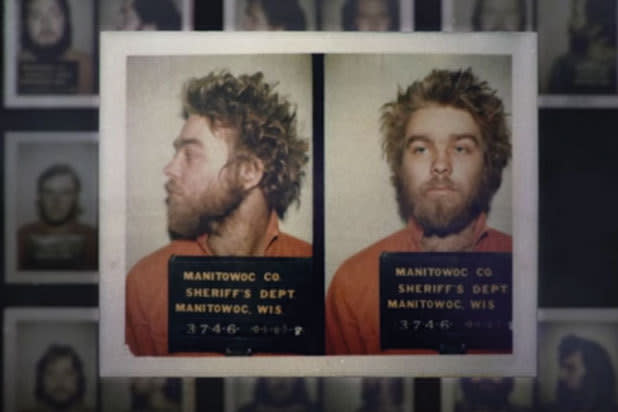'Making a Murderer': Your Netflix Holiday Must-Watch

If you thought you’d had your fill of true crime after watching HBO’s The Jinx or listening to Serial’s first-season podcast, I dare you to click on the first episode of Netflix’s new 10-episode documentary Making a Murderer and not become instantly drawn in to this shocking, and shockingly good, real-life murder mystery.
It’s the story of Steven Avery, who spent 18 years in prison, convicted of a sexual assault charge that DNA evidence eventually — a long, long eventuality, obviously — got him freed. A working-class man in Wisconsin, not especially articulate, Avery isn’t the sort of person who would usually become a symbol of justice, but that’s what happens: his case is transformed by the media and his lawyers into a heroic tale of a man who overcame a possibly-corrupt local law-enforcement system that may have railroaded Avery into the slammer.
But then, out of jail in 2003, it’s not too long after that that Avery is charged with an even worse crime. As a viewer, you’re rocked back: What? Steven Avery, the earnest man we’ve now heard in taped phone calls with his mother and other loved ones — how can he possibly have committed a vicious act against a different woman, possibly with the aid of his 16 year-old nephew?
These are, mind you, the bare bones of the “plot” of this real-life story. Producer-directors Laura Ricciardi and Moira Demos spent more than a decade making Murderer, and the filmmaking here is exceptional. Ricciardi and Demos seem to have gathered every bit of evidence, securing hair-raising interrogation videotapes recorded on VHS, interviews with nearly all the principal players, extensive courtroom footage.
What comes across is one of the best portraits of what it’s like to be working-class and exploited in America I’ve seen on TV. Avery and his family are shown being condescended to — and much worse — by the criminal justice system. We know the cliché that you have to have money to buy a good defense, but the Avery cases are concrete, persecuted and prosecuted, examples of this. Watching Making a Murderer, my heart went out to Avery and then shrank when it came to seem as though he really was a criminal — at the very least, that his experiences in the prison system may have, to paraphrase the title, made him a murderer.
It’s a completely hypnotic enterprise — a nightmare you are compelled to remain within, to see what happens. Indeed, if Netflix had not been so withholding — allowing critics to review only a mere four episodes — there’s a good chance I would have put Murderer on my 2015 Best TV list. As it is, some of my relatives are going to wonder where I am over the holidays. I’ll be hunched in a corner, wolfing down the rest.
Making a Murderer is streaming now on Netflix.

